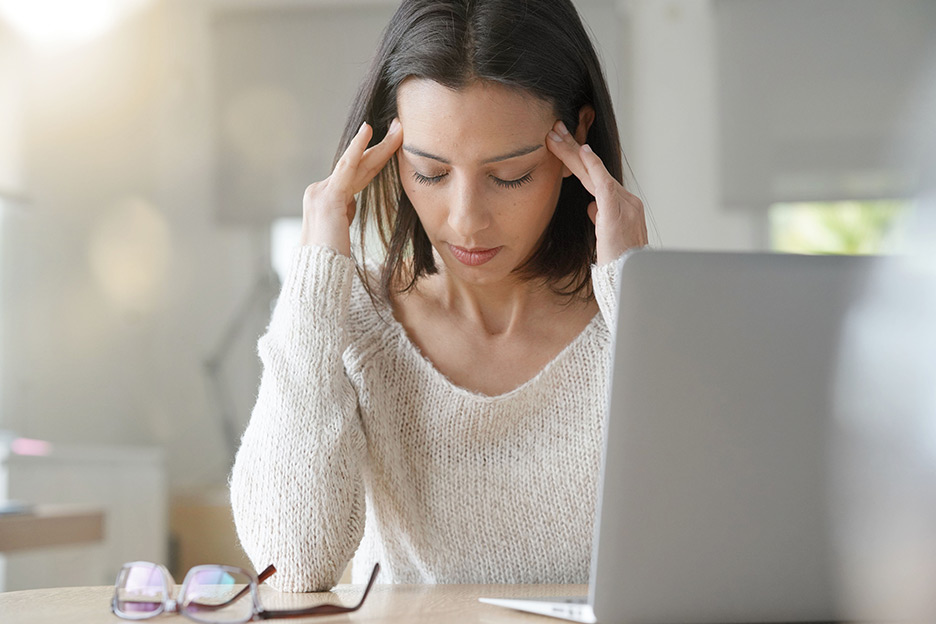Daily stress can have a major impact on your mental and physical health. Recognizing stress and its sources is the first step toward managing it, but there are many other ways of reducing the effects of stress in your life.

Be attentive
Since everyone is different, there are multiple reasons for feeling stressed. Everyone knows what the body needs for good physical and mental health, and in general this is also what you need to face stressful situations. The best way to recognize that you are facing stress is to be attentive to your body, and taking good care of it allows you to reduce the negative effects of stress on your health.
Here’s some simple advice to achieve this:
Recognize the signs of stress. Each person reacts differently to stress. Also, stress shows up differently from one person to the next: disrupted sleep, mood swings, muscle tension, difficulty concentrating, and so on. Learn to recognize the signs that tell you stress is taking over.
Identify the agents of stress. Think about the things that stress you – it can be your workload, interpersonal problems, excessive pressure, major life changes, and so on. List the things that create stress and search for solutions.
Have a positive attitude. A positive attitude can help keep you a step ahead when facing the stresses of everyday life. View these obstacles as a learning experience and remain objective in all situations. Put things into perspective. Stress is often more the result of how you see things than how they really are.
Take the time to eat well. Your body needs energy to face and manage stress. Make sure your eating habits are healthy. By taking time to eat without hurry, you also give yourself time to recover from daily stress. Avoid coffee and don’t drink too much alcohol.
Get enough sleep. Stress sometimes causes troubled sleep; in turn, insomnia reduces your ability to fight stress. In other words, the more stressed you are, the less you sleep, and the less you sleep, the more stressed you are! Adopt healthy sleeping habits. Adults needs between 7 and 8 hours of sleep a night, and sleep is beneficial to the body and the mind.
Be active! Take part in physical exercise and spend time outdoors whenever you can. Remember that everything that is good for the body is good for the mind.
Ease your mind. Learn about relaxation, breathing, meditation, and visualization techniques. Learning to relax is not only desirable but also essential to staying in good health and fighting off stress!
Manage your time more effectively. One source of stress may be your inability to organize your day or priorities effectively. Create a to-do list to make sure you don’t forget anything and so as not to have to do too many things all at once. Learn to delegate and let go. Aiming for perfection in everything you do is a major source of stress. Don’t forget to make time for activities that provide you with satisfaction and pleasure.
All of this advice can be summarized in a few words: think about yourself. Do things that you enjoy like taking a bath, reading a book, listening to music, and so on. When you pursue an activity you enjoy, you feel less stress. Also, if you’re someone who takes on too much, learn to say no or establish priorities. However, if you think you’re experiencing the symptoms of burnout, depression or chronic fatigue, speak with a healthcare professional. He or she can direct you toward an appropriate solution in accordance with your state of health.